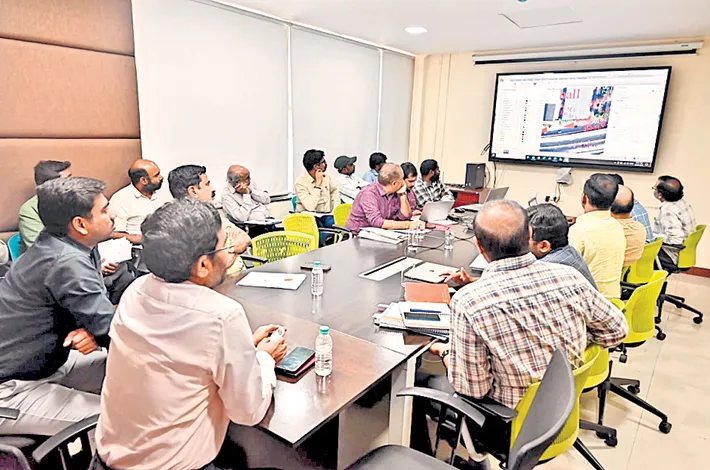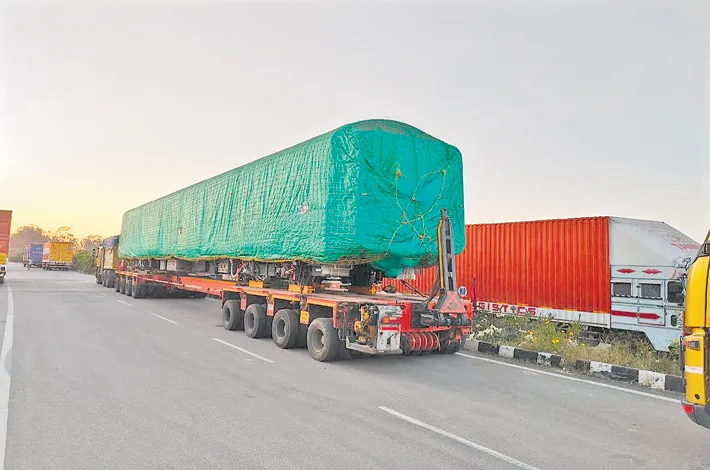Water Board augmenting smart meter technologies
21-07-2025 12:00:00 AM

The board will explore the automation of 1,000 valves in a pilot phase
- 15,000 valves in the city's water system, many still manual
- Only 35% of valves are regularly operated
- 1,000 valves to be automated in the pilot phase
- Sanathnagar pilot shows success with solar-powered smart valves.
Metro India News | Hyderabad
To enhance operational efficiency and ensure the safety of field staff, the Hyderabad Metropolitan Water Supply and Sewerage Board (HMWSSB) is gearing up to integrate smart valve and smart meter technologies into the city’s water supply system. Officials say the move will help modernise water distribution, improve monitoring, and reduce risks faced by workers handling valve operations on busy city roads.
According to officials, Hyderabad currently has over 15,000 water valves, many of which are manually operated. However, only about 35% of these valves are used consistently. Due to their locations—often along high-traffic routes—field workers, particularly linemen, face serious hazards while operating them. “There have been several incidents where employees suffered injuries, and in some cases lost their lives while performing manual operations in traffic-heavy areas,” one official noted. “Smart valve technology can significantly reduce these risks.”
A review meeting was held at the HMWSSB headquarters to assess the feasibility of implementing these technologies. HMWSSB Managing Director Ashok Reddy, along with Executive Director Mayank Mittal, held discussions with IT and revenue officials on streamlining the water network through automation. “Our aim is to account for every drop of water supplied and to ensure that our staff are not put in danger while doing their jobs. Automation and smart monitoring are critical to achieving that,” said the MD during the review.
As part of the plans, the board will explore the automation of 1,000 valves in a pilot phase. Additionally, smart meters are proposed at reservoir outlets and bulk water supply points, enabling accurate measurement of distributed water. These meters will be integrated with a central system to track quantity, quality, and billing in real-time. Officials were also instructed to develop a centralised control room at the main office. The integrated system will allow remote supervision of valve operations, water quality data, chlorine levels, and flow rates—all managed digitally and accessible via a single platform.
The HMWSSB has already piloted smart valve technology in Sanathnagar, where results have been encouraging. These smart valves, powered by solar energy with battery backup, are operated via a mobile application and rely on internet-based communication. The system eliminates the need for on-ground valve turning, allowing safer, faster, and more efficient control of water flow. It also facilitates real-time monitoring of chlorine content, water quantity, and quality. “This approach allows our staff to operate valves without going into dangerous areas,” said an official. “It’s also an environmentally friendly system, reducing manual errors and improving data accuracy.”








